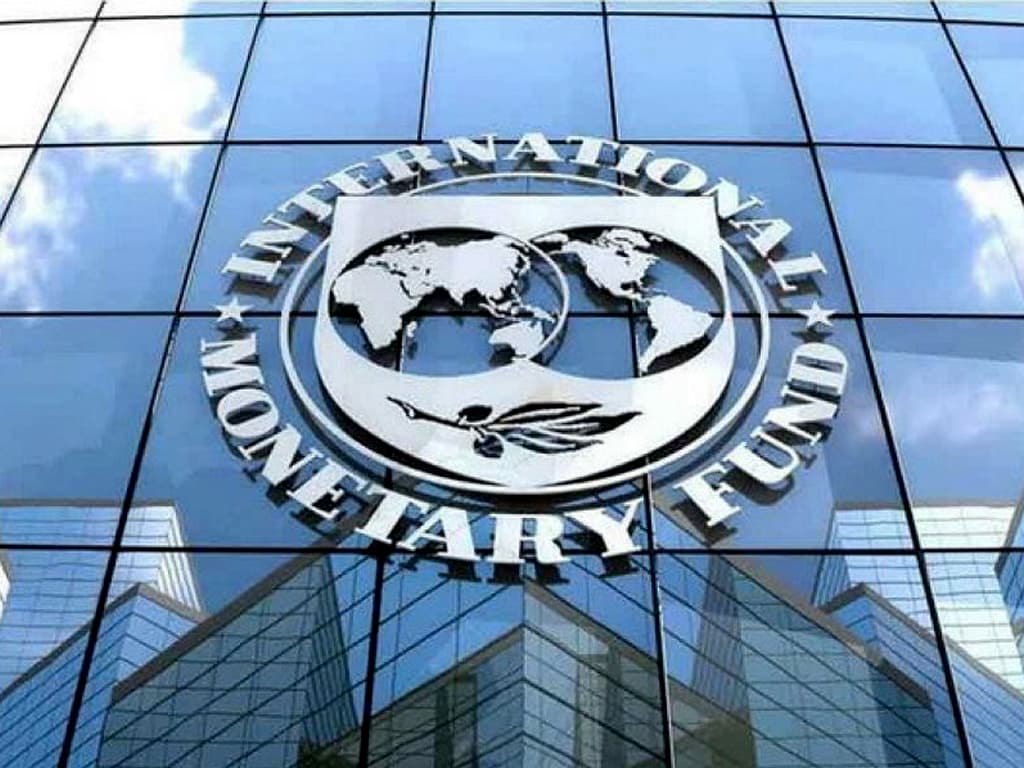International Monetary Fund (IMF) Managing Director Kristalina Georgieva says the organization is ready to work Zimbabwe.
“Productive discussion at the Zimbabwe Roundtable with Donor Partners.
“The IMF stands ready to work with the Zimbabwean authorities to restore macroeconomic stability and reengage with the international community, which are essential for accessing external financing,” she says.
Apparently, Zimbabwe’s mounting domestic and external debts are like a ticking time bomb that could blow at any moment, according to IMF.
Multiple analysts said the debt is a contributing factor in Zimbabwe’s current predicament of financial turmoil. According to them, if the government does nothing, the situation will probably get worse.
Wojciech Maliszewski, the head of the IMF team that was in Harare recently said Zimbabwe’s debt level was unsustainable.
At the end of September 2023, Zimbabwe’s public and publicly guaranteed debt was estimated to be worth US$17.7bn, up from US$17.6bn at the same time in 2022.
Zimbabwe has faced major difficulties in repaying its domestic and international debt for the last five years. Due to its incapacity to pay its debts, the nation is presently categorized as being in debt distress.
“The IMF is currently precluded from providing financial support to Zimbabwe due to its unsustainable debt situation based on the IMF’s Debt Sustainability Analysis (DSA) and official external arrears,
“An IMF financial external debt, including the clearance of arrears and reform plan that is consistent with durably restoring macroeconomic stability, enhancing inclusive growth, lowering poverty and strengthening economic governance,” said Maliszewski.
The unsustainable debt has constrained the government from accessing foreign loans except from a few creditors because there are no guarantees.
The IMF declared Zimbabwe ineligible for the funding window and the general resources account due to the accumulation of arrears in external payments.
In addition to stopping the disbursements of the country’s existing loan facilities, other international funders—who normally take a cue from the IMF—such as the World Bank (WB), the African Development Bank, and traditional creditors from the Paris Club, among others, also declared the nation ineligible for new loans.
Failure to meet international debt payment obligations has left the country out of the international financial markets.
This implies that the country can only tap into domestic savings for borrowing which seriously limits investment opportunities at a time when the country requires financial resources in line with its aspirations of becoming a middle income country by 2030.
While tapping into the domestic debt market provides a sound alternative and does not expose the country to foreign exchange risk, it has the potential to crowd out private sector borrowing, thus hampering investment and output growth.
The country has been battling deep macroeconomic headwinds, which continue to severely hamper the functioning of the economy but has not been able to borrow from international lenders because of the unsustainable debt and arrears of around US$5bn to the World Band, the African Development Bank and other international financiers.
In 2015, Zimbabwe made an attempt to clear its debt arrears under the Lima Strategy.
LIMA was premised on a non-HIPC debt resolution strategy designed to clear debt Arrears amounting to US$1.8bn owed to the World Bank Group and the African Development Bank after which the government would commence negotiations towards a resolution with the Paris Club Zimbabwe has already cleared its overdue obligation to the IMF in October 2016.
However, the country cannot acquire new debt from the international financial institutions and other creditors until they clear all the arrears they owe to other creditors such as the World Bank, the African Development Bank and the Paris Club.
IMF said it will maintain an active engagement with Zimbabwe and continues to provide policy advice and extensive technical assistance in the areas of revenue mobilisation, expenditure control, financial supervision, debt management, economic governance, anti-corruption and macroeconomic statistics.
According to Minister of Finance, Economic Development, and Investment Promotion, Professor Mthuli Ncube, the government has decided to control borrowing and expenditure in order to pay off its existing debt.
“We agreed on that. But also we agreed that as we seek this quest for stability, we must continue with the measures that we’ve put in place for government to live within its means, for government to manage its borrowings, which we can afford to pay for our borrowings in order to borrow more,” Professor Ncube said.
Business Times













